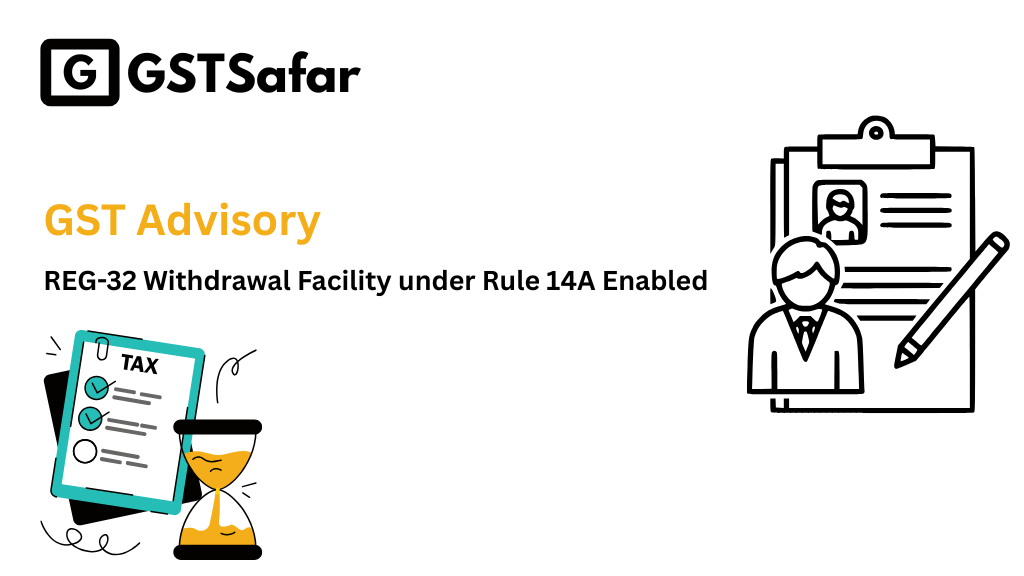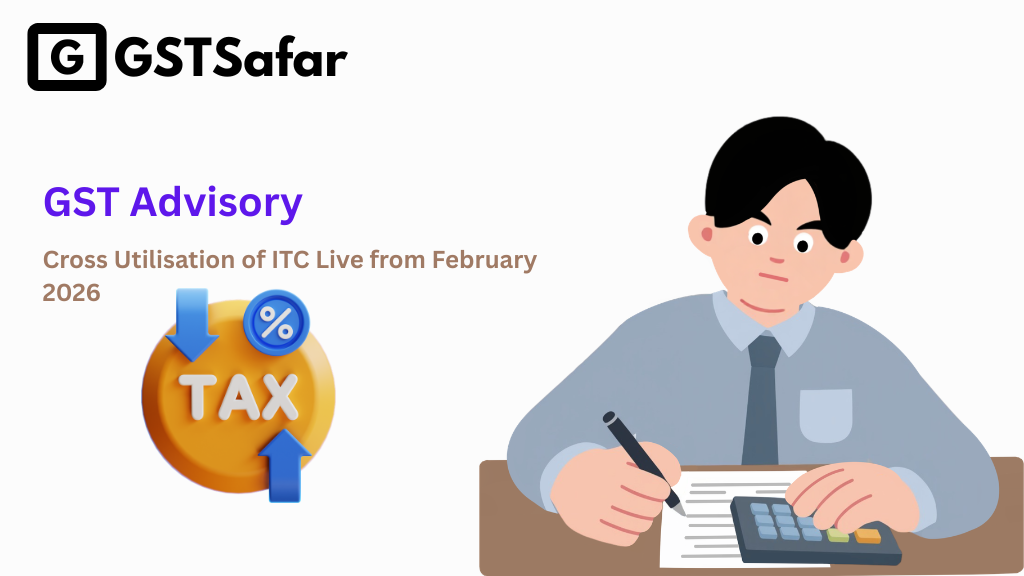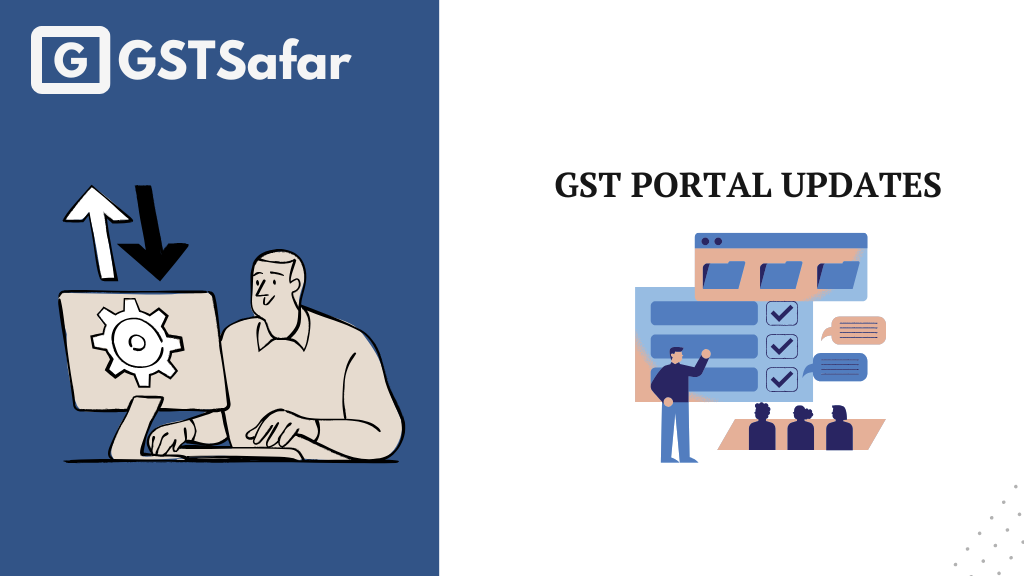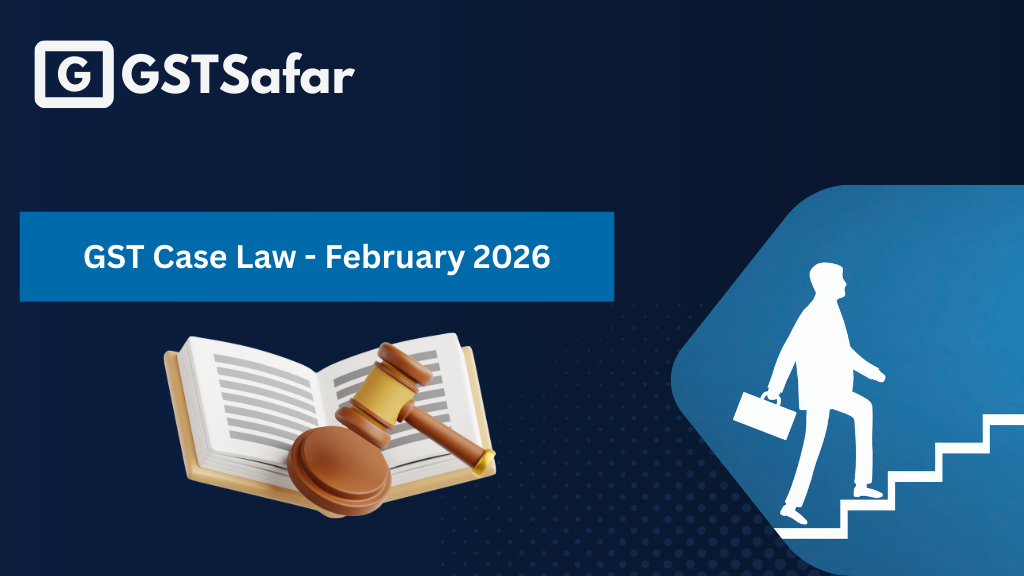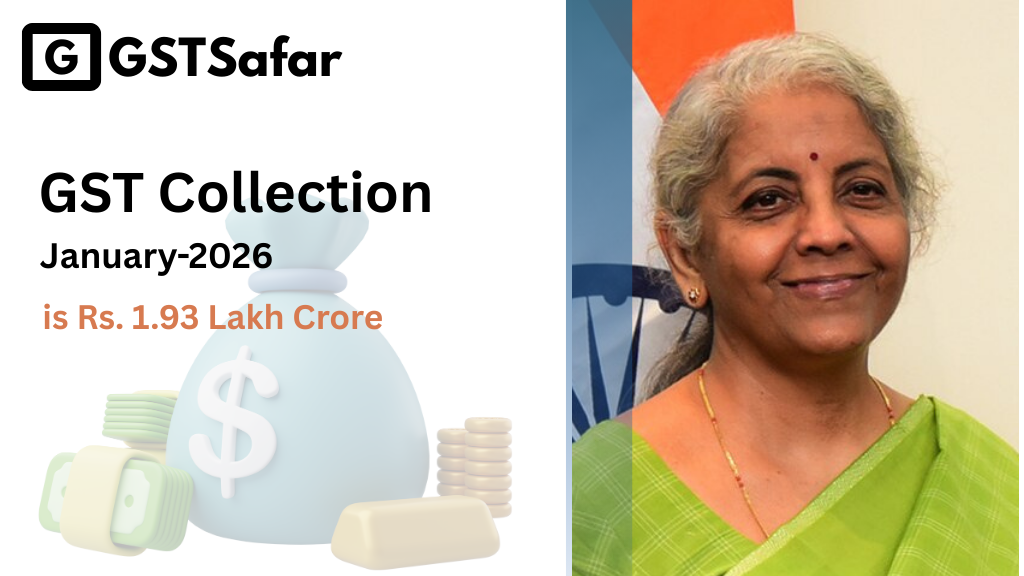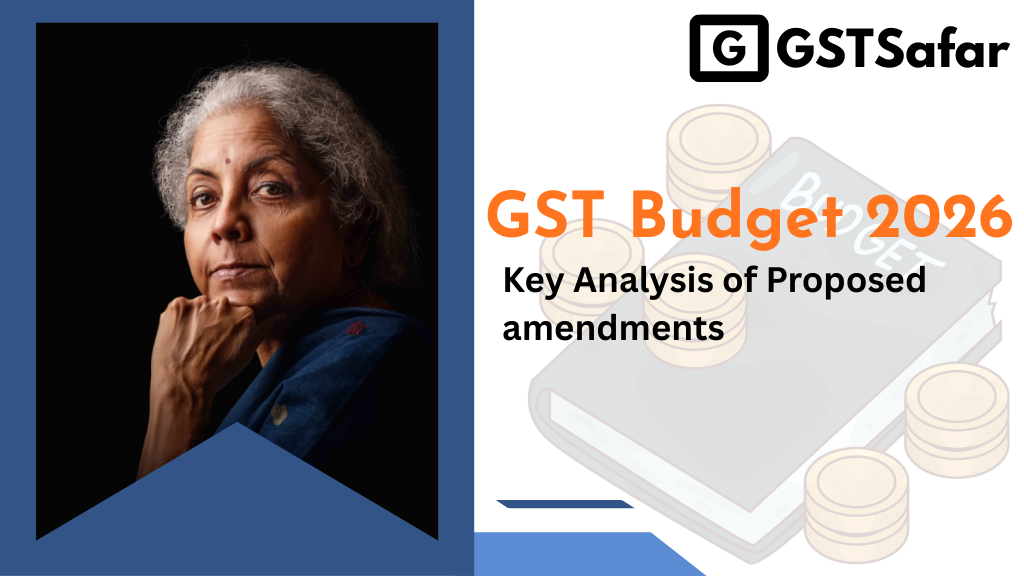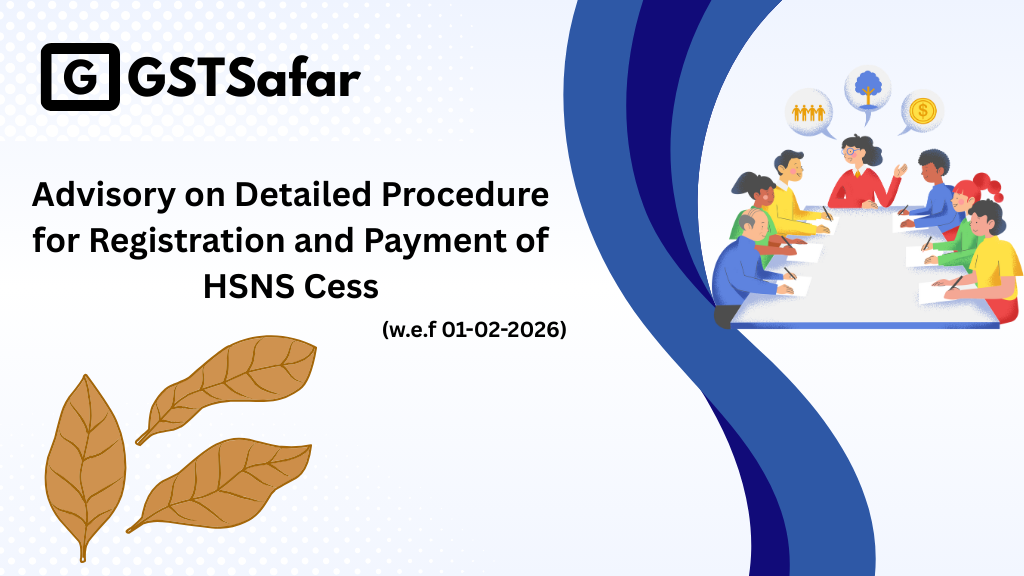The current state of GST on Transportation Service of commodities by aircraft or vessel is undoubtedly unpredictable. The plot started in September 2022, when it was announced that beginning on October 1, 2022, the Tax exemption for goods transportation services would expire.
This has the effect of taxing the export cargo transit by Indian transporters and goods forwarders, making them subject to Integrated GST (IGST). This generated a lot of discussion among exporters and Indian goods forwarders and transporters. As a result of the difficulties encountered, numerous organizations and trade bodies submitted complaints to the government against the removal of the Tax exemption.
The following difficulties were being faced by Indian goods forwarders and transporters: a) Under the GST law, the destination of such products, i.e., a location outside of India, served as the place of supply for export cargo. As it was thought that such credit could only be obtained at the location of supply, the question arose as to whether exporters in India may claim input tax credit (ITC) of the GST so collected by the transporters / goods forwarders. Yet, the exporters took a risk, and properly so, as it was illogical to refuse the ITC benefit, which resulted in a return to exporters when exports were zero-rated.
b) The bigger problem was that Indian transporters and goods forwarders lost their ability to compete with those from other countries, given that the latter’s source of supply for export cargo would be the final destination of the goods.
Given this, the CBIC issued a clarification stating that ITC shall be eligible even if the place of supply was outside of India in accordance with the judgement made in the 48th GST Council meeting. Via an amendment to the Finance Bill, 2023, this is also given legislative approval.
Therefore, it can be seen that, up until this point, IGST was automatically applied to export transactions when both the transporter or goods forwarder and the service recipient were located in India, regardless of the location of the recipient. Such transactions will now be subject to CGST + SGST or IGST depending on the recipient’s location.
Yet, the greater problem that was negatively affecting the logistics business was not addressed by this change. The government’s stakeholders were not in the mood to reinstate the exemption that was permitted until September 2022.
To everyone’s astonishment, the GST Council suggested deleting the applicable Tax regulations at its 49th meeting, which was conducted a few days ago. This would quietly address the gap between the Indian and international logistics industries. As a result of the aforementioned revision, Indian transporters and goods forwarders who provide transportation services to international exporters and agents are now eligible for export benefits and will receive zero rating as long as other requirements are met.
Notably, transportation services for import shipments made by aircraft are already excluded from the GST; nonetheless, the supplier is required to reverse a proportionate amount of input tax credits (ITCs) to the extent that inward supplies were utilised relative to the aforementioned exempted supplies. Due to this modification, similar reversals would likewise be unnecessary.
In addition to the foregoing, another effect of the proposed change is that the exporter from India must discharge GST on a reverse charge basis if he chooses a foreign transporter. However, if an Indian service provider is chosen, the GST will be paid by them, allowing the exporter to continue taking advantage of the market’s prolonged credit period. Hence, although this adjustment may not be the best option for the Indian logistics sector, it may at least make a difference.
The following is a summary of the proposed amendment’s effects:
- The importation of goods by sea, which previously was subject to CGST + SGST or IGST, would now be zero-rated if the location of the transporter is in India but the service recipient is outside India (foreign exporter / agent) (subject to fulfilment of other conditions).
- The importation of products by air, which was previously exempt from GST, would now be zero-rated where the location of the transporter is in India but the service recipient is outside of India (foreign exporter / agency) (subject to fulfilment of other conditions). ITC would not need to be reversed.
- The transaction will now be subject to GST under the reverse charge mechanism in cases of export of commodities where the location of the transporter is outside India but the beneficiary is in India. But before it can be implemented, the Parliament must approve this recommendation. This proposal is anticipated to be a part of the Finance Bill, 2023, which is now in the budget session and is expected to be passed.
This is another example of how key stakeholders in the Central and State Governments are attentive to pressing business-related issues and have ears on the ground. Beginning with the introduction of new indirect tax legislation with the goal of “One Nation One Tax,” there was some concern about how the machinery of the Central and State Governments would jointly make decisions on the difficulties or issues encountered. The GST Council, however, has been successful in addressing the issue
Read More news

